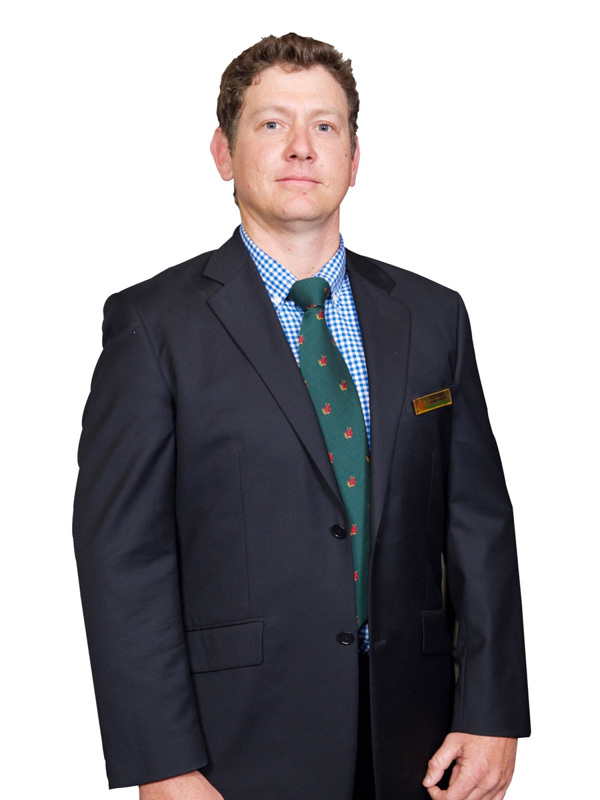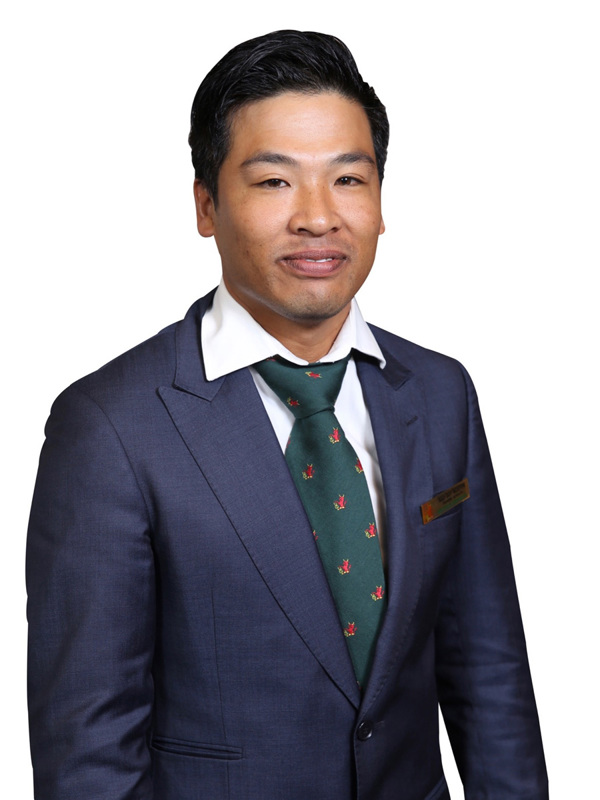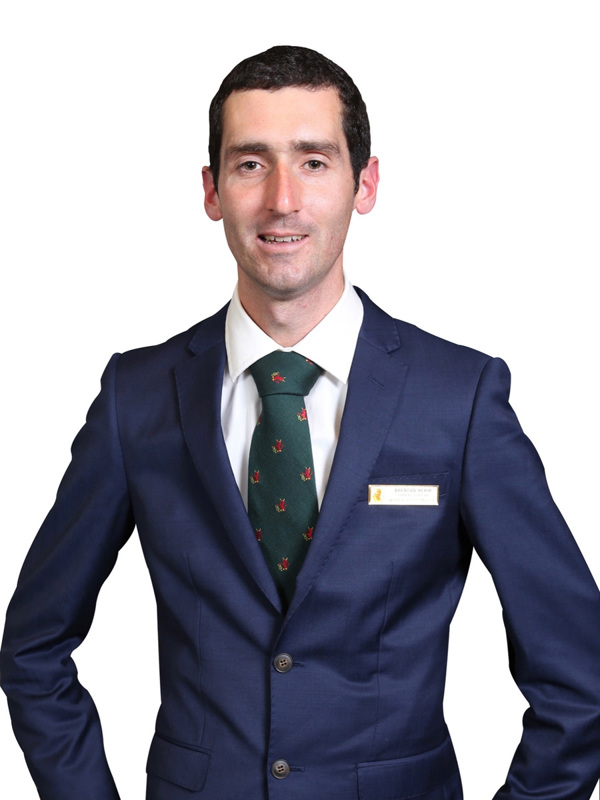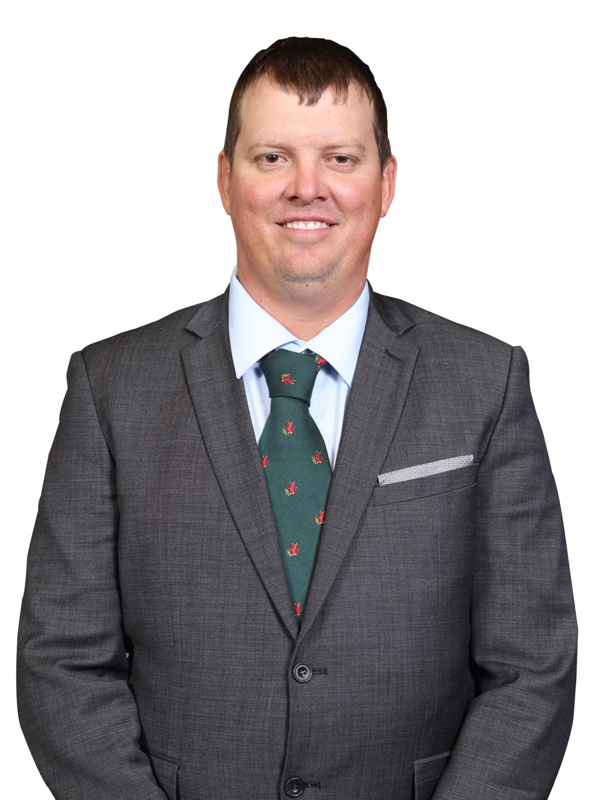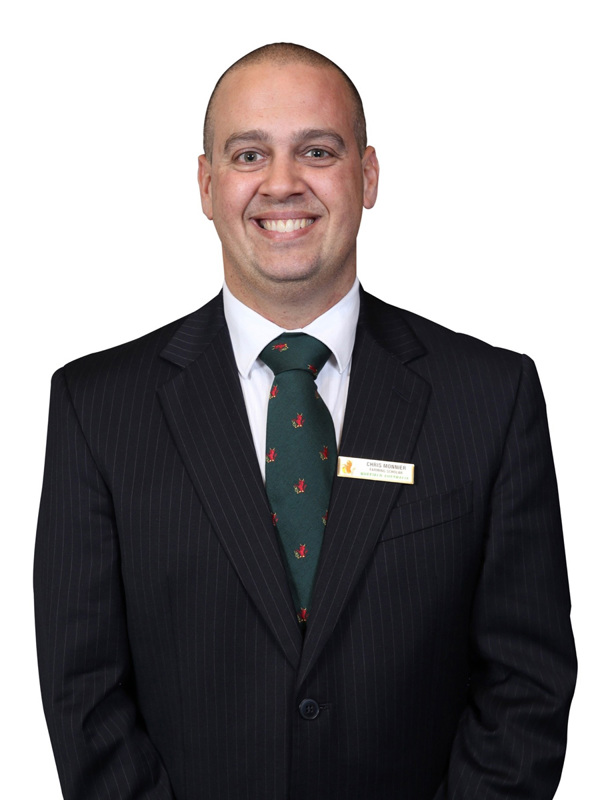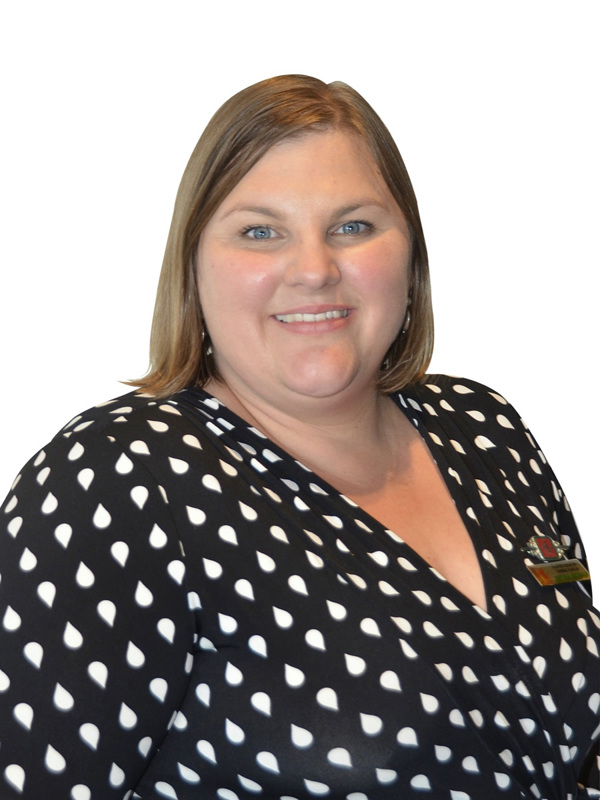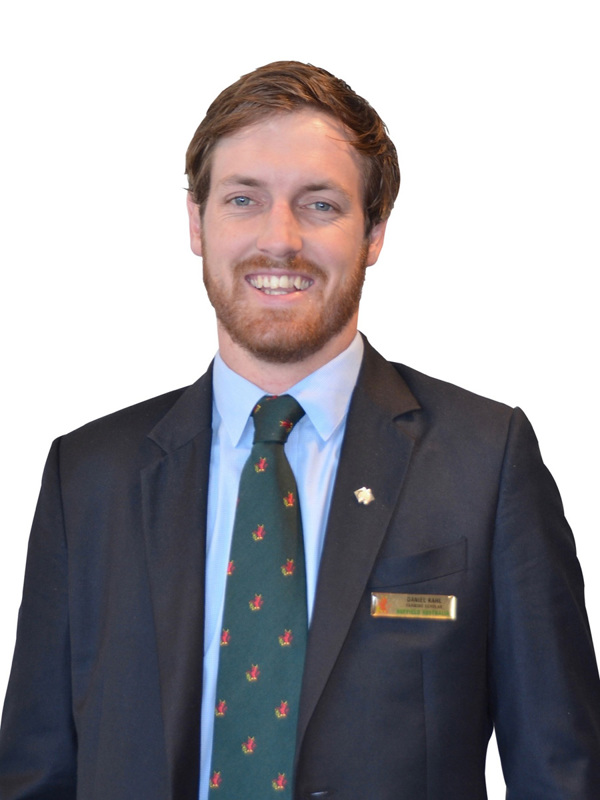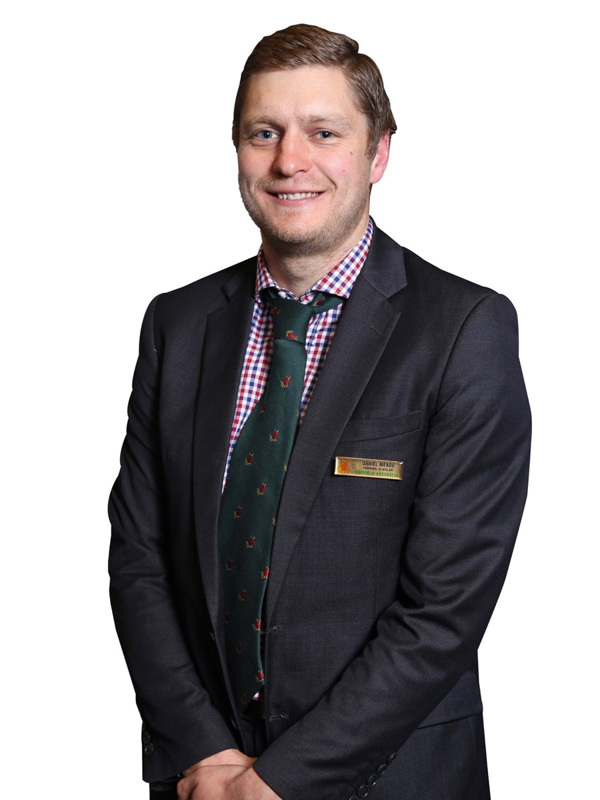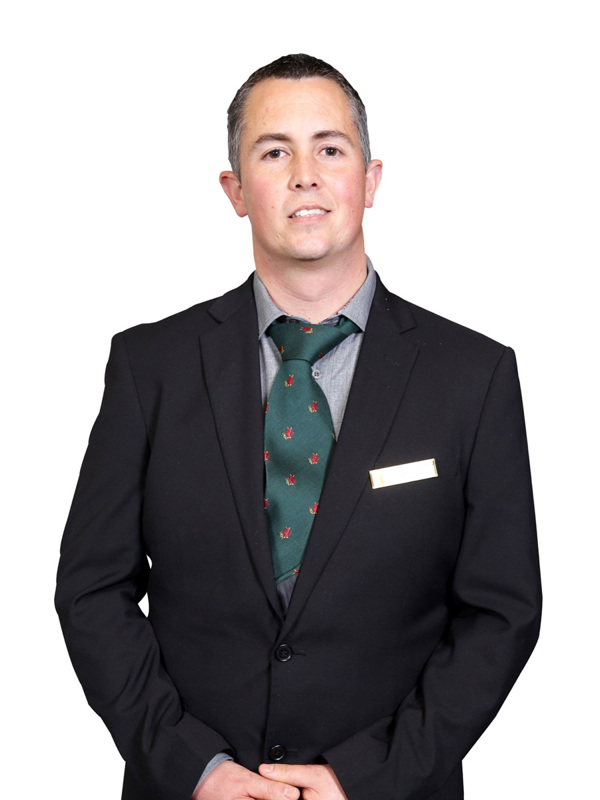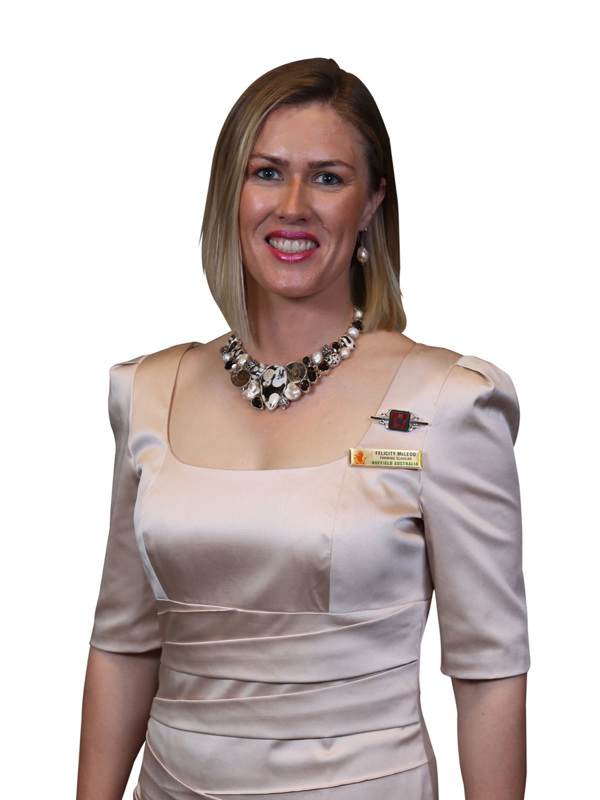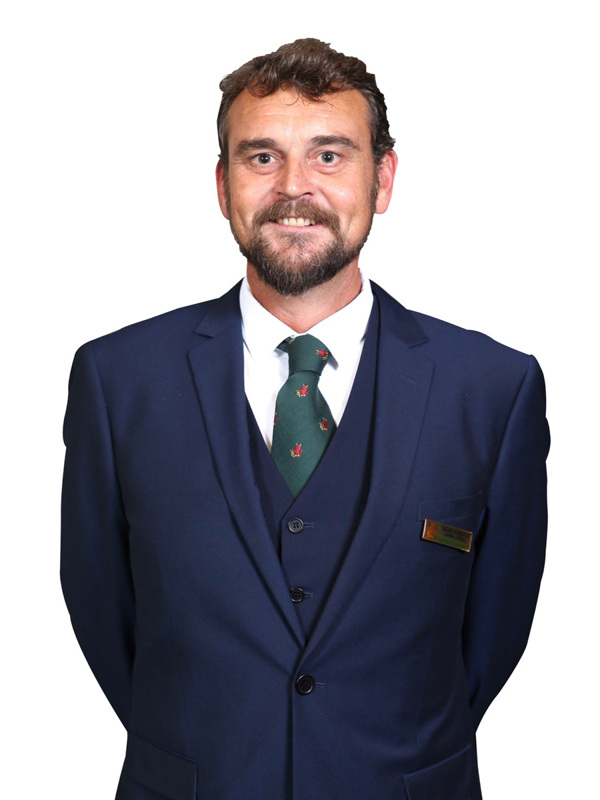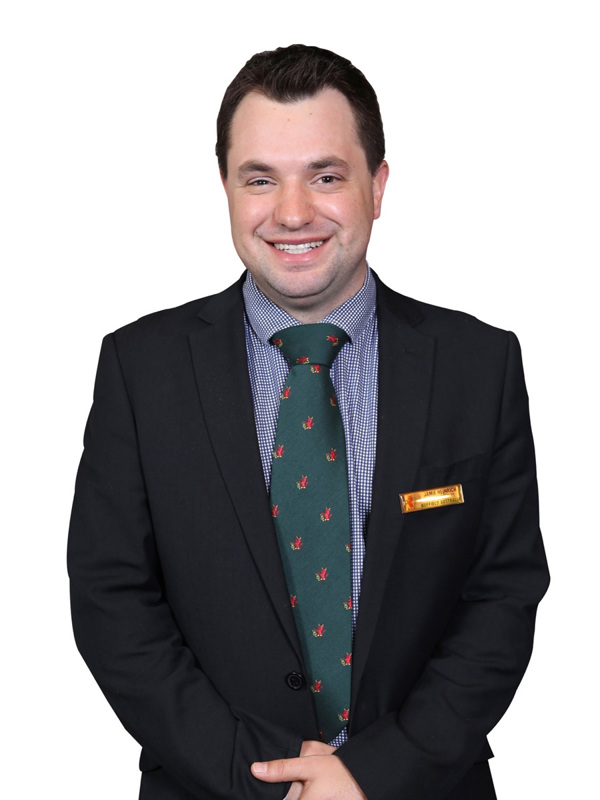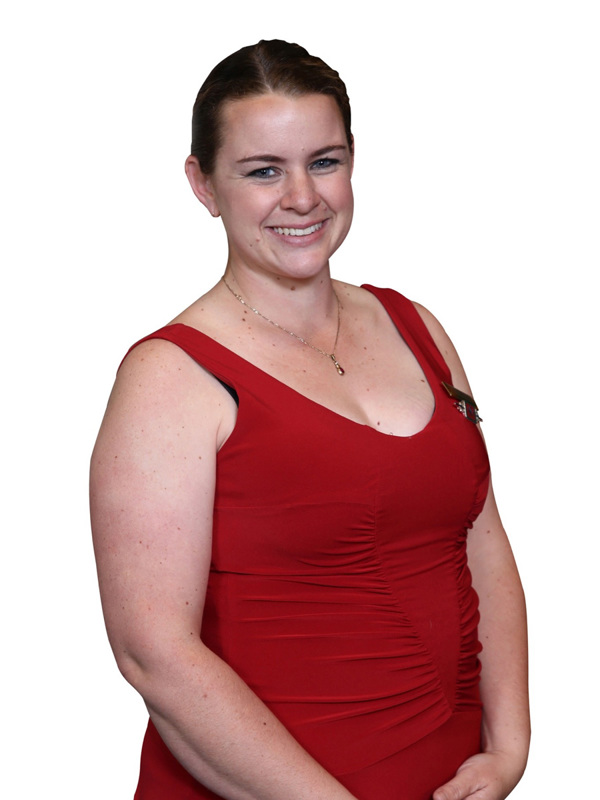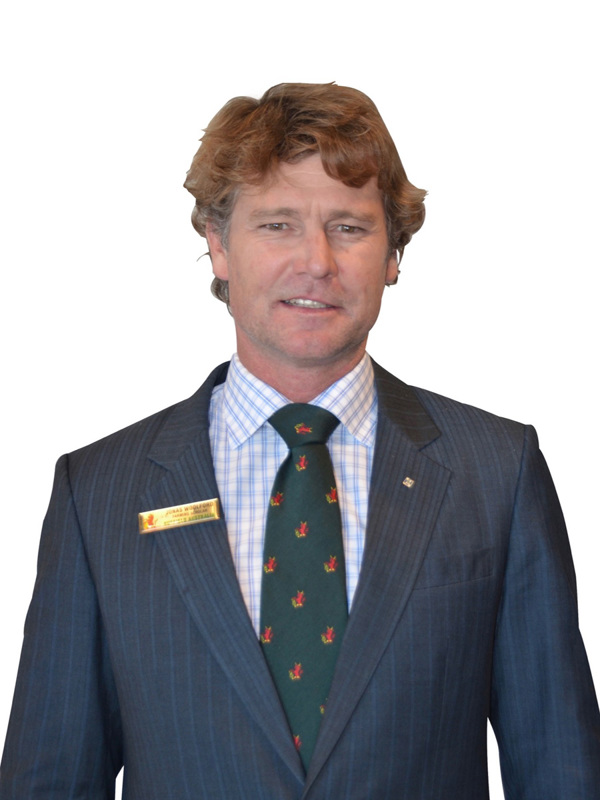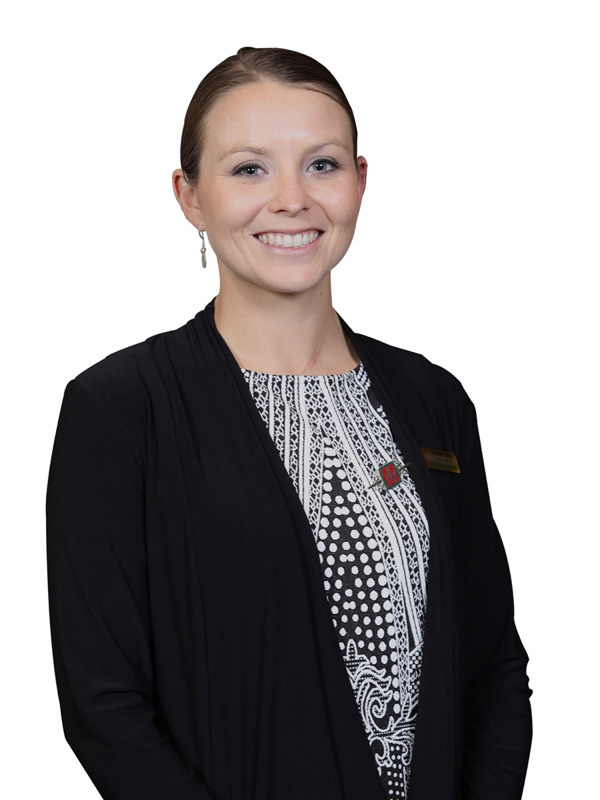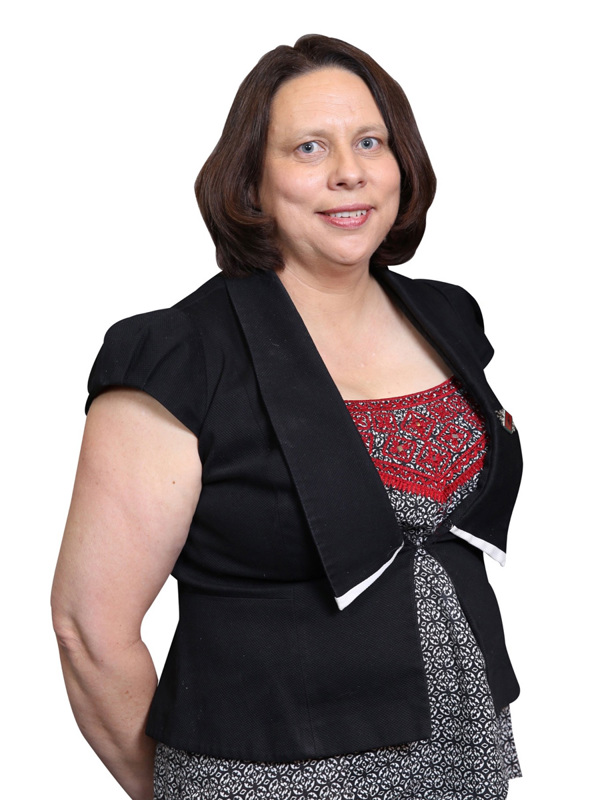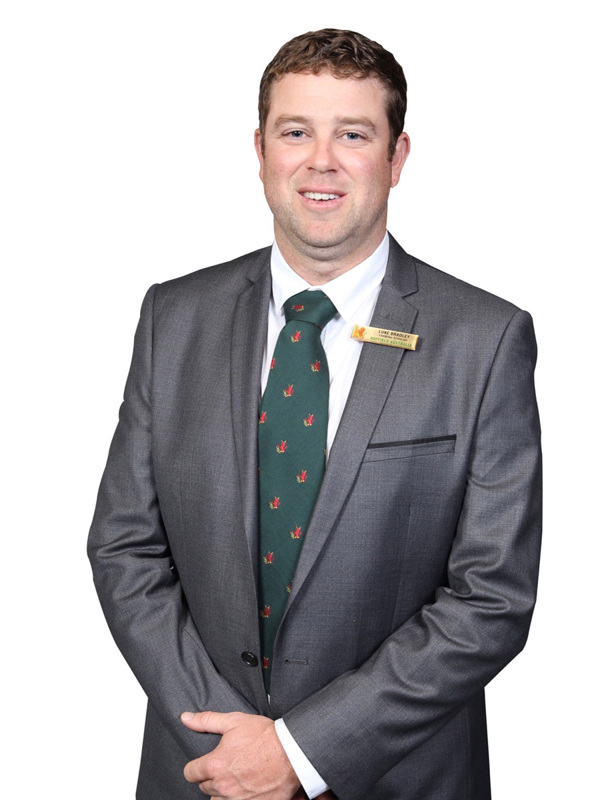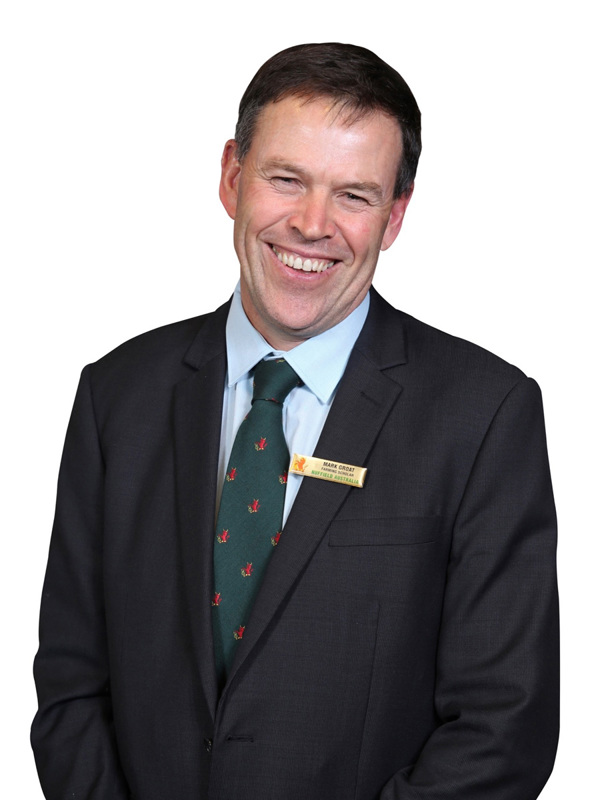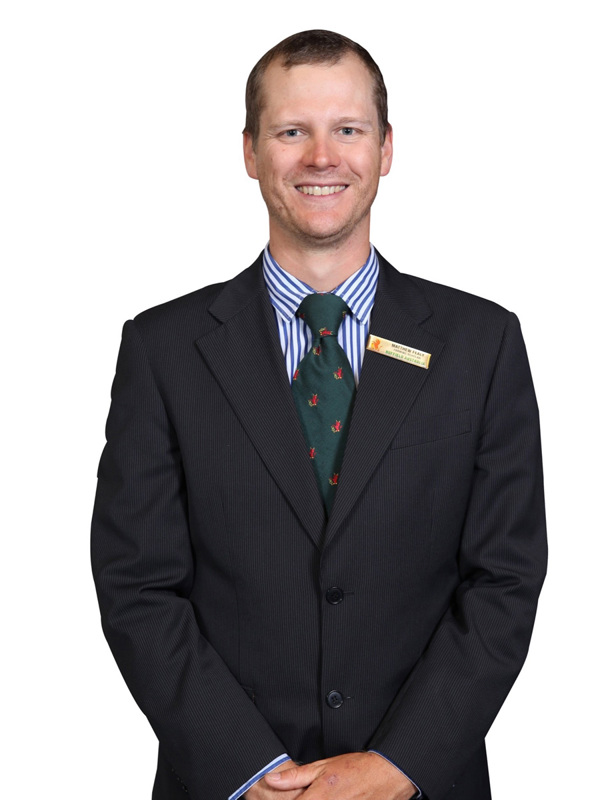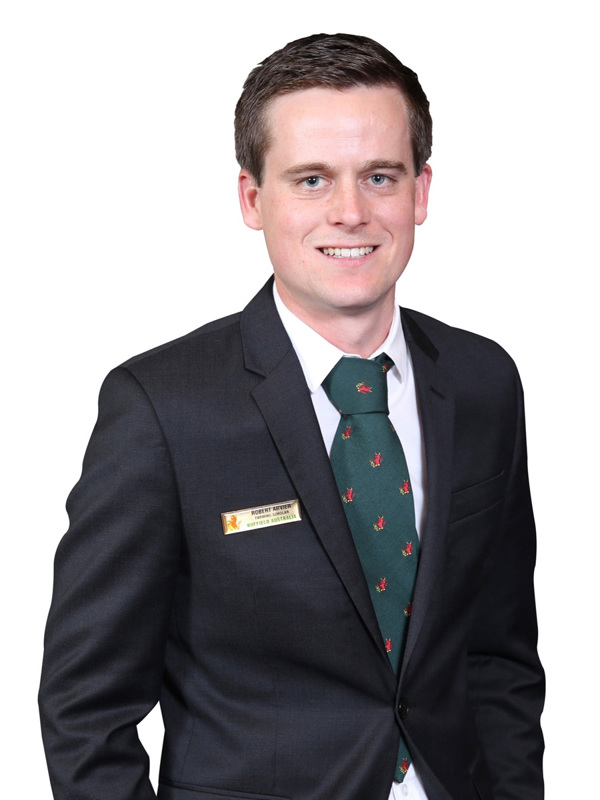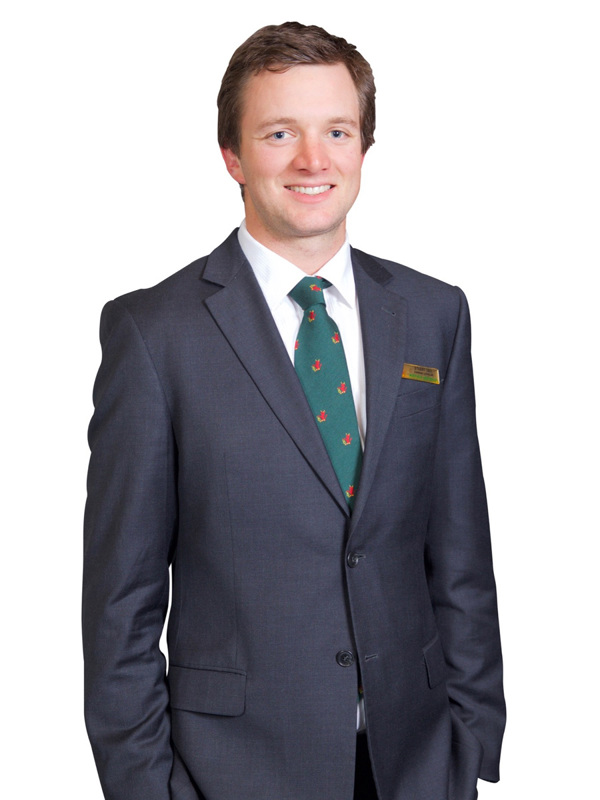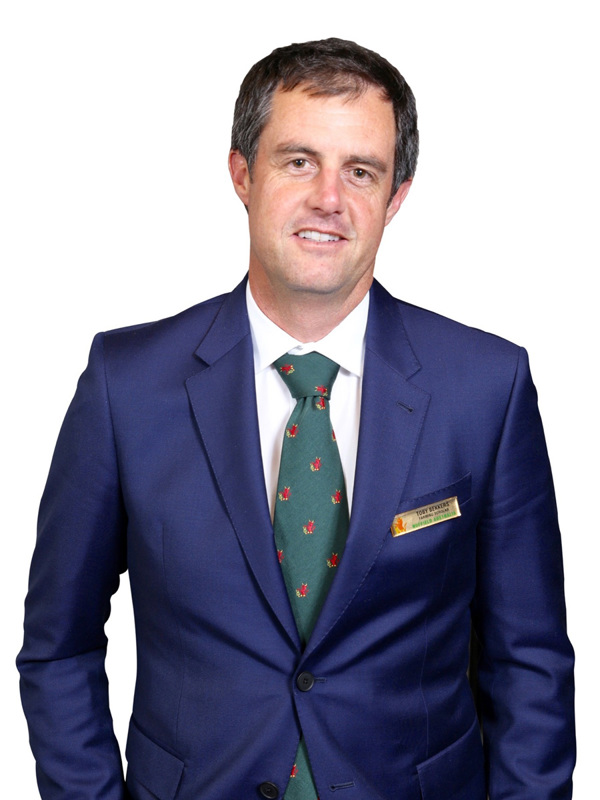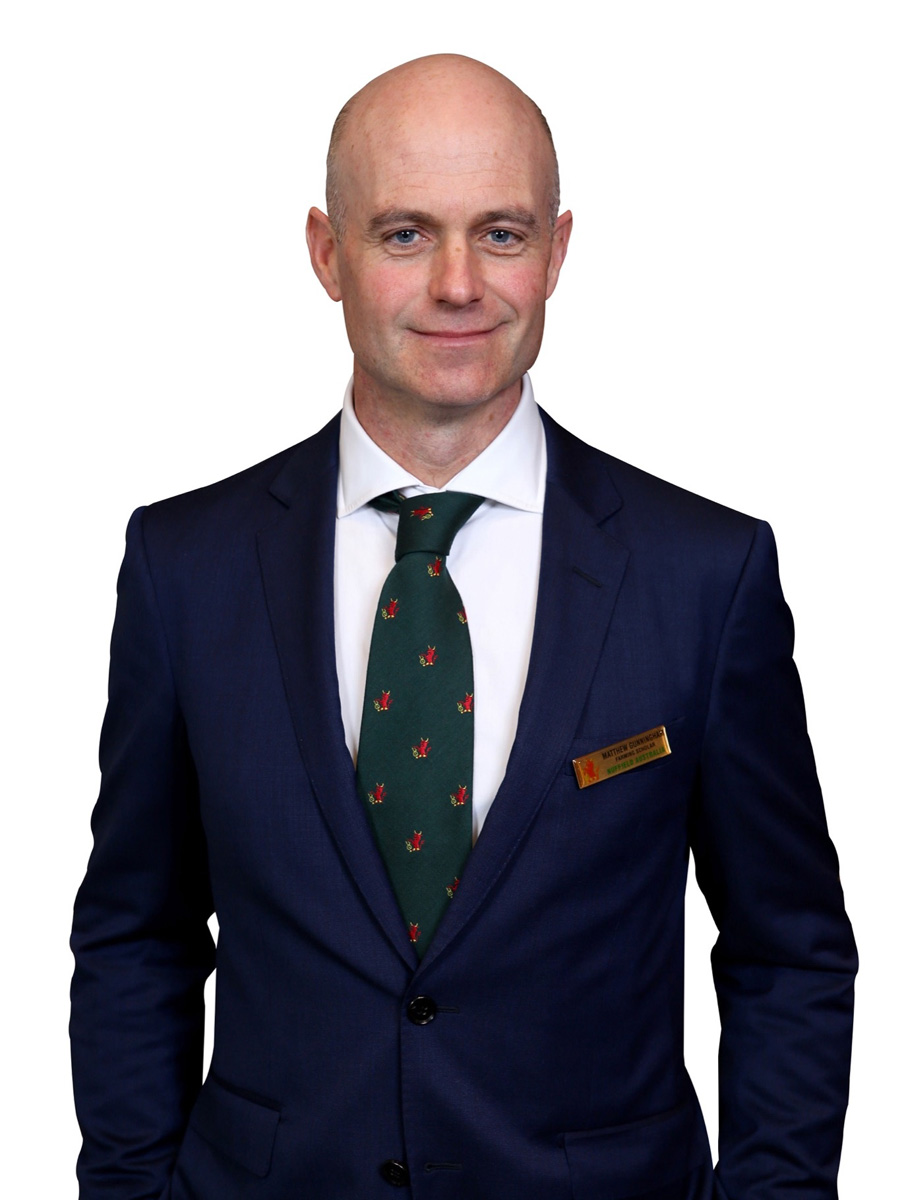
Matthew Gunningham

Sharing responsibility can help farming businesses grow
A Tasmanian dairy farmer travelled the world to understand how high performing businesses are structured and operate
He found a flat management structure can have enormous benefits compared to conventional hierarchies in farming businesses
Giving team members responsibility for different areas of a business makes people more engaged and productive
A clear management hierarchy may be the default position for most Australian dairy businesses, but Tasmanian dairy farmer and Nuffield Scholar Matthew Gunningham says a flat team structure ultimately delivers better results.
“Shared responsibility – whether it be taking the lead on cow health, calf rearing or grass production – creates happier, more motivated and productive staff. And that’s a win-win for our business and our people,” Matthew said.
It’s a key insight he took from visiting businesses across the Americas, Europe and New Zealand, and one he and wife Pip have implemented in their business.
“The most common business structure today in any organisation is the hierarchy model, which was established at the outset of the industrial revolution,” Matthew said. Society has since evolved – people are now more equal and better educated, with access to more information. Business is also more competitive and fast moving.”
He said a flatter business structure has helped attract and retain the right people and get the best results from them.
“People are happier, more motivated and productive. They have more responsibility, sense of ownership and job satisfaction. And we love to see people who are ambitious, interested and prepared to work hard.”
He said spreading the responsibility enabled employees to make their highest contribution to the business, making it more resilient to challenges and able to seize opportunities. The structure is working well at the six farms Matthew and Pip manage – two of which they own themselves and four they own in joint ventures. Being grass-based, the workload across farms is highly seasonal. At the peak of the season, they milk 4,000 cows and employ around 30 people. During winter when the cows are dried off, the teams are half the size. The flatter structure means the Gunningham’s employ people with different skills and experience than the big corporate dairy operations are seeking. Seeing the ‘self-management model’ in action at a range of businesses, including the world’s largest tomato processing company, Morning Star, gave Matthew the confidence to try it.
He visited Morning Star as part of a “one in a million chance” to do a Nuffield Scholarship, supported by the Australian Dairy Conference and Nuffield Australia.
“The self-management model works because rather than just a few brains in upper management marshalling a business, every person in the company is engaged in the process. And as Morning Star founder Chris J. Rufer says: ‘Positional power is meaningless as it's all about knowledge power and personal power’.”
Matthew says the first step for businesses to adopt a flatter structure is owners or managers relinquishing some control. Clear, honest, two-way communication is also crucial to success because it allows everyone to understand their responsibilities and the business performance.
“It’s not easy to be really honest with someone and it’s not always easy to hear, so you need to agree from the outset that you’re going to be very clear with one another and the reason for it – it’s because it’s the most efficient way for us to improve and remain competitive,” Matthew said.
Leaders need to invest considerable time in their people, to ensure they have the skills and confidence to make decisions that benefit the whole team.
“The best description for this time spent training, mentoring, watching, showing and encouraging is ‘coaching’ as this relationship is like that of a coach and player in a sports team,” Matthew said.
Investor Information:
The Australian Dairy Conference was initiated by a group of leading dairy farmers, scientists and industry representatives from around Australia. The group identified that the industry needed an independent national dairy conference to stretch and stimulate farmers’ minds and provide a forum for the open exchange of ideas, knowledge and science.
The aim is for the Australian Dairy Conference to be the premier dairy event that inspires the industry, giving it pride in its achievements and generating optimism in its future.
Website: www.australiandairyconference.com.au
Facebook: australiandairyconference
